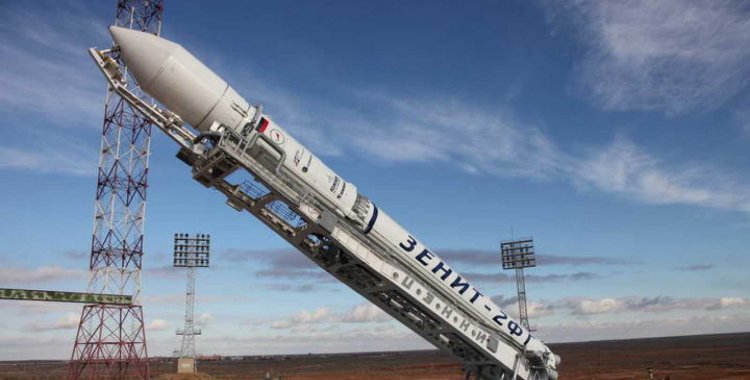"Angosat-2, as the minister said in December, is at the level of about 50 percent, but what does not mean that the next 50 percent are the easiest or the most difficult, is because we are talking about high level technology, we are talking about a last generation satellite," said the Secretary of State for Telecommunications, Mario Oliveira.
According to the governor, who was speaking today in Luanda, "only the big players in the international market, the big builders and Internet service providers are the ones who currently have the satellites in orbit with the characteristics of the Angosat-2 satellite".
In view of the entry into orbit of Angosat-2, which replaces the first one that was lost in space in 2017, a "hard work" is taking place within the certified specialists.
"And today we already feel that we are in better conditions to be able to better accompany the project, to be an integral participant of that is the Angosat-2 construction project", he pointed out.
The Secretary of State, referring to Angosat-2, added: "This satellite, in particular, with those characteristics that it is a satellite that is known for high speed, high capacity, is the first African satellite that will be launched".
The person in charge was speaking on the sidelines of a visit that representatives of the Southern African Development Community (SADC), who are participating in a satellite expansion capacity building 'workshop' in Luanda, made to the country's Satellite Mission Control Centre.
Mário Oliveira also mentioned that the training for SADC members to "take advantage of the facilities for the use of satellite infrastructures" is an opportunity for the country to present its experience in the field of space technology.
"It's also a way for us to divulge our projects and make the most of what is our national space programme and in particular the Angosat-2 satellite", he stressed.
The first satellite, the Angosat-1, a state investment budgeted at 320 million dollars, was lost in space after its launch in December 2017.







